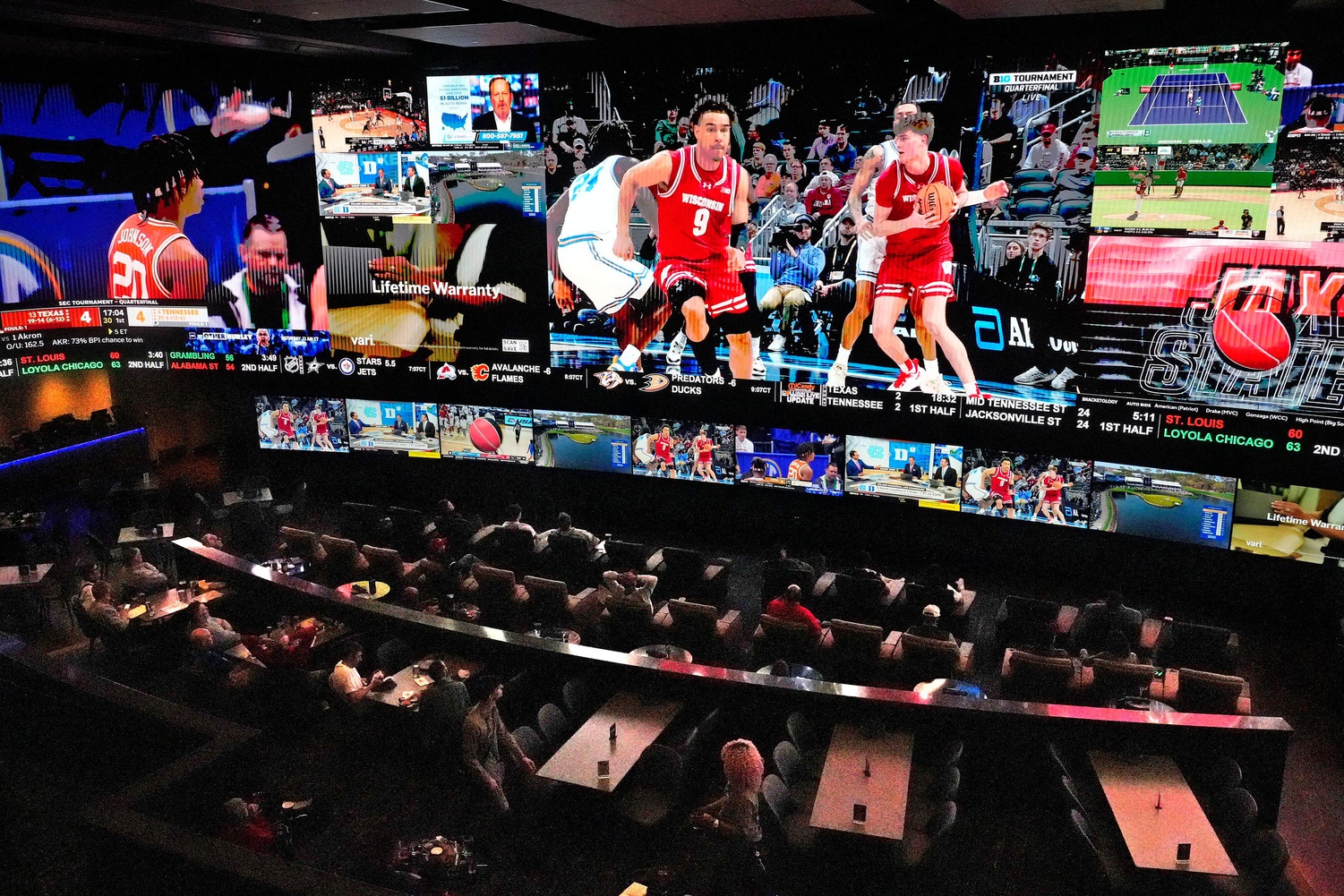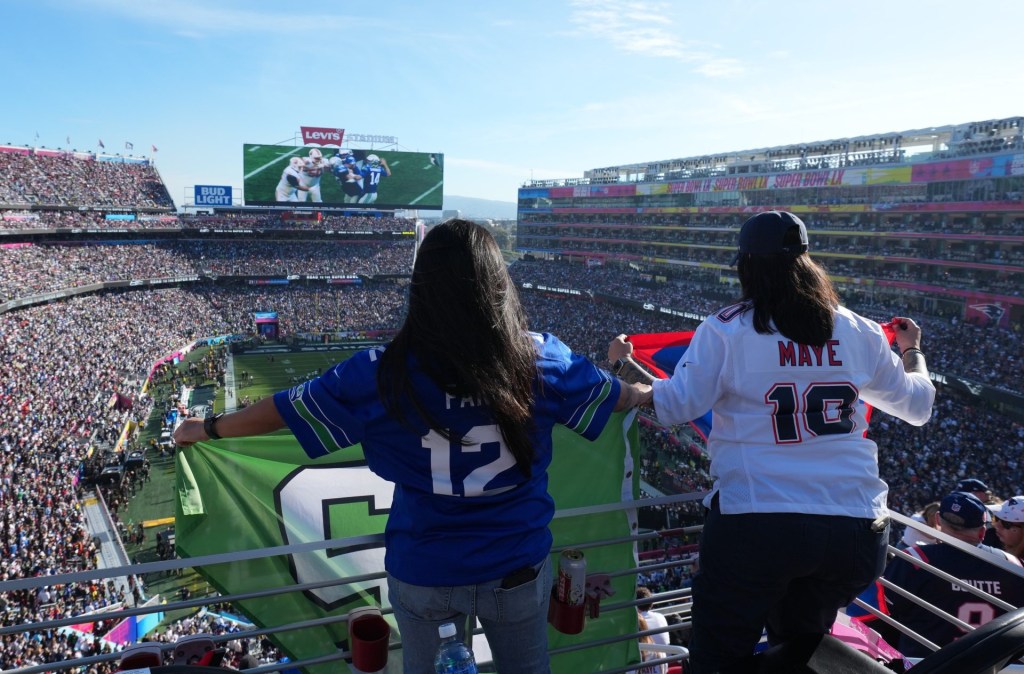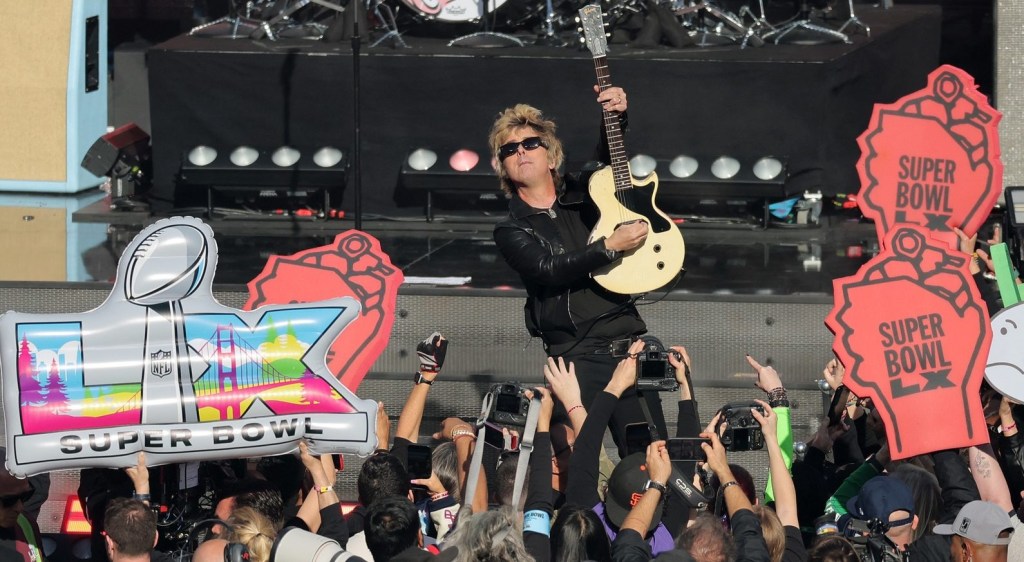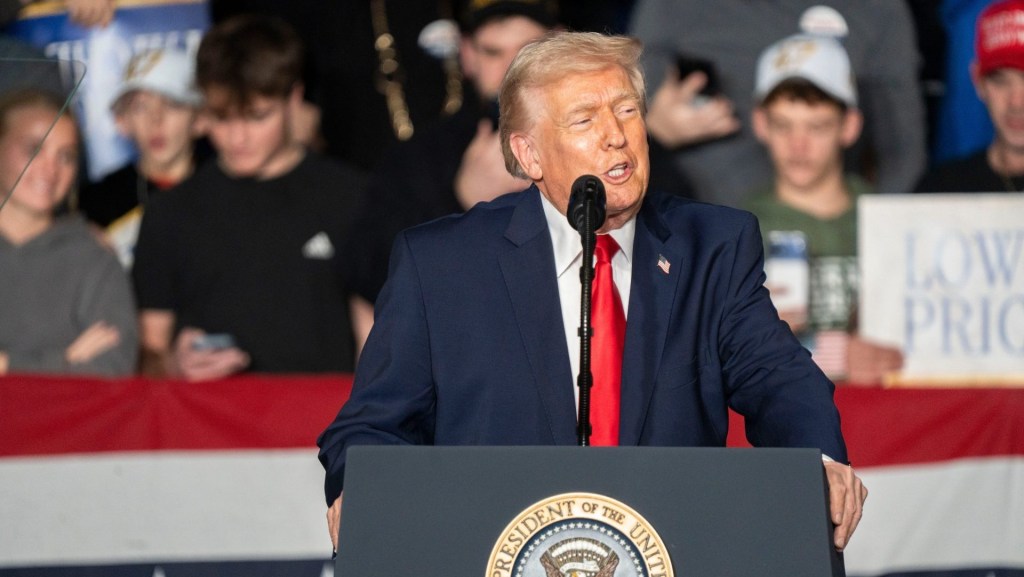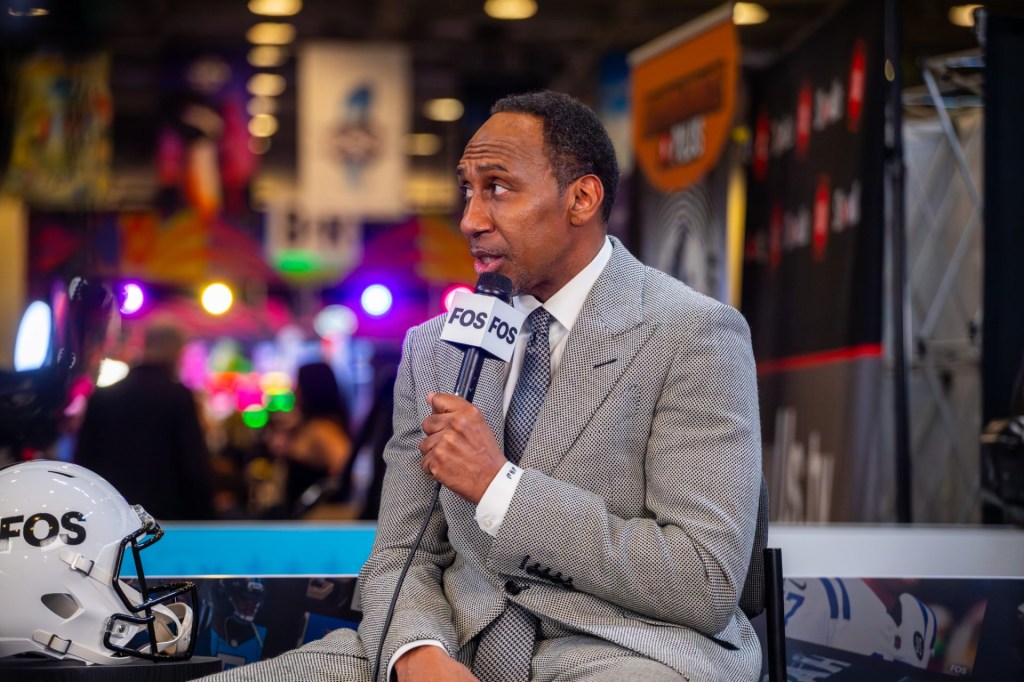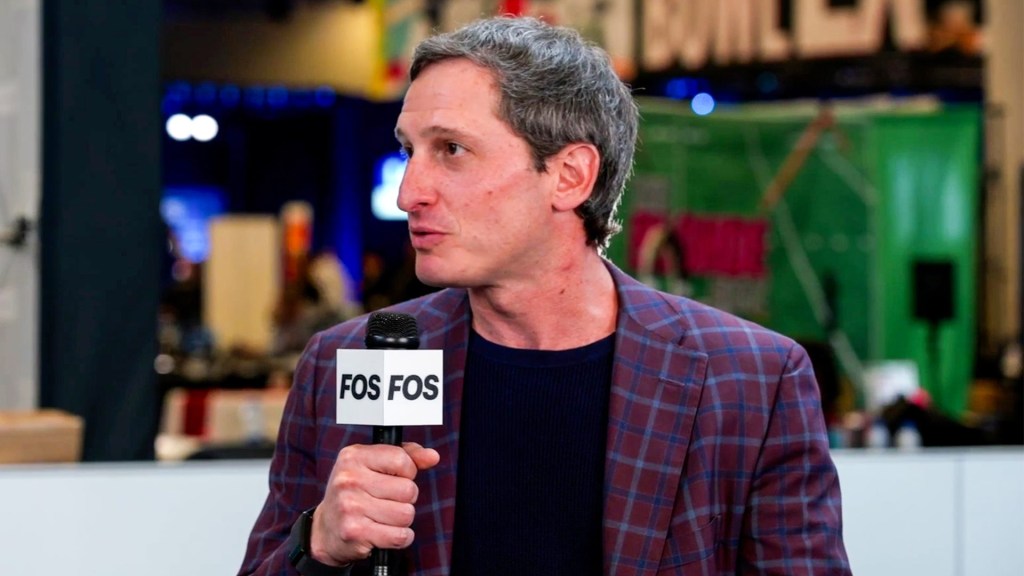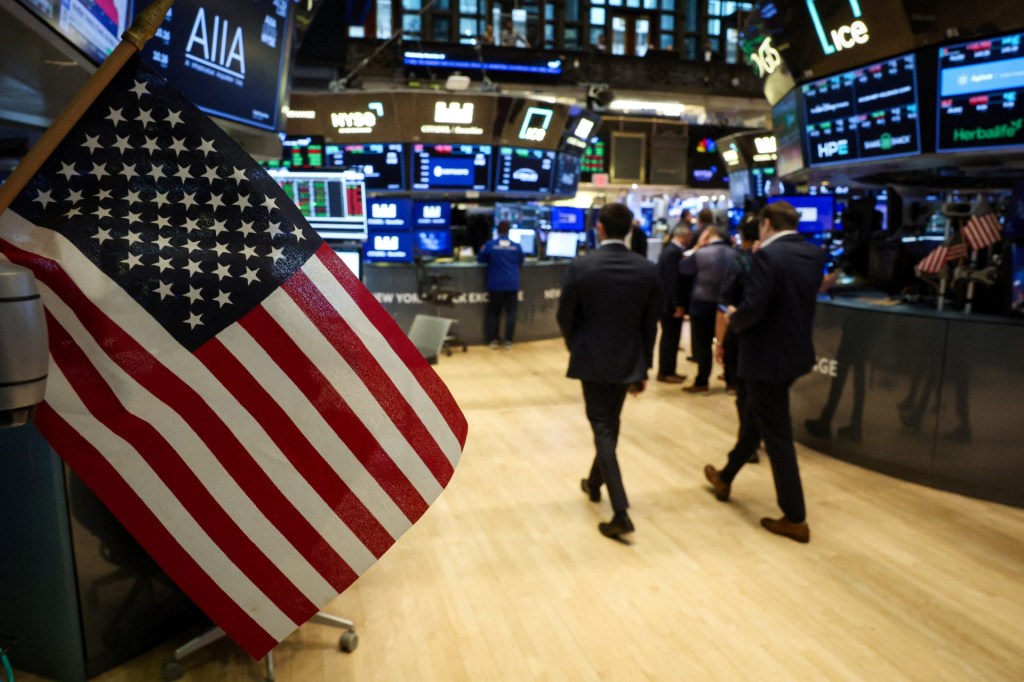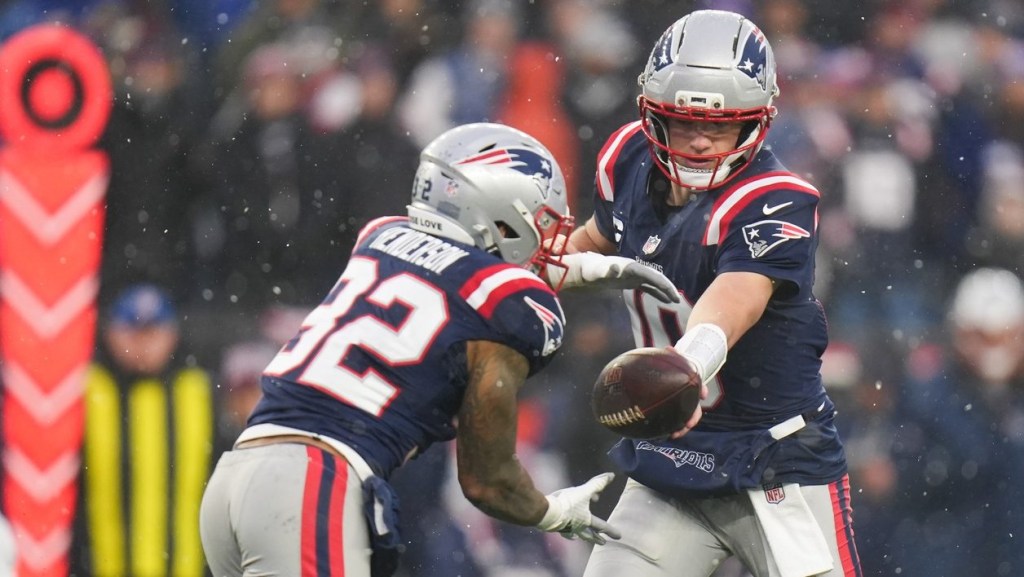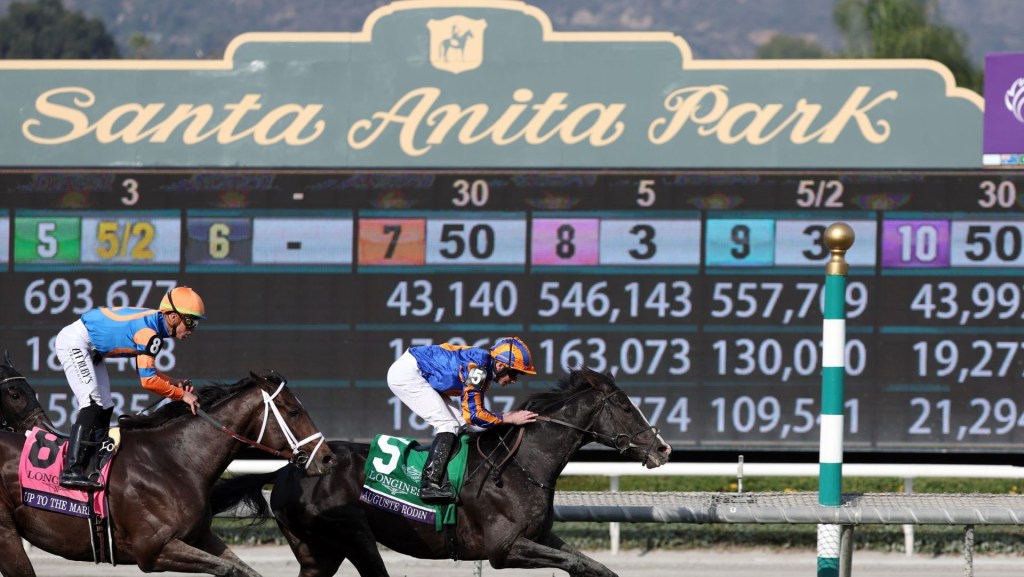Kalshi started in 2018 as an exchange platform where users could trade on macro-economic events like inflation or whether the government might shut down. However, the company has recently attracted more attention—and controversy—over its sports “prediction” offerings, which some states view as too similar to sports betting.
But evidence suggests the Trump administration is on team Kalshi, setting up a future legal showdown over whether states or the federal government have the power to regulate prediction markets that offer sports contracts.
Regulators in at least Nevada, New Jersey, Massachusetts, and Ohio have tried to stop Kalshi from offering sports event contracts. Kalshi argues that although event contracts look a lot like sports betting, they are not. Users can put money on everything from which team will win the “pro men’s basketball championship”—the current favorites are the Oklahoma City Thunder and Boston Celtics—to who will win the Masters Tournament, with Scottie Scheffler and Rory McIlroy as the frontrunners.
“It’s just word play,” Robert Walker, director of operations at ARMS, which helps retail sportsbooks manage potential risks to their business, tells Front Office Sports.
“Basically sounds to me like lawyers are making millions by changing some verbiage,” says Walker, who for more than a decade was the sportsbook director for MGM Mirage’s Las Vegas casinos. “I don’t think they can distinguish their offerings from sports betting.”
Under normal circumstances, a company like Kalshi might be anxiously biting its nails as more states add to the pile of pushback. But Kalshi has friends in important places, including Donald Trump Jr., the president’s eldest son, who last year was announced as a strategic advisor to the company. Brian Quintenz, a former commissioner at the Commodities Futures Trading Commission who was later on the Kalshi board, is nominated by President Trump to be the CFTC’s next chair.
The CFTC said in February it was planning a roundtable, which is still not yet on the calendar, on this subject, with the aim of developing a “robust administrative record” that will inform its “approach to regulation and oversight of prediction markets, including sports-related event contracts.”
But Daniel Wallach, a U.S. gaming law and sports betting attorney who leads the law firm Wallach Legal LLC, believes the roundtable “is all for show,” and that the “preordained result” will be Kalshi’s sports contracts getting a green light from the federal government.
‘On Our Way to a Heavyweight Court Battle’
On social media, Wallach highlighted comments that have been made by Quintenz, as well as some from acting CFTC chairman Caroline Pham, which essentially state their opinion that all events are commodities, and therefore contracts on future events are all commodity futures contracts. In particular, Wallach noted comments Quintenz made back in 2021, when he insisted that NFL games are a commodity and said it would be unconstitutional not to approve the offering of event contracts based on the outcomes of sporting events.
In Wallach’s view, this all but guarantees that “event contracts based on sporting event outcomes will be approved by this CFTC.”
“I think we’re well on our way to a heavyweight court battle between the federal government and states and tribes over whether a federal agency, rather than Congress, can open the floodgates for the nationwide expansion of sports betting in all 50 states in one fell swoop through a mere agency rulemaking process,” he tells FOS.
If that does occur, it would essentially usurp state regulation over sports betting, which is a power that has historically been in the hands of the states, he explains. The legalization of sports betting is tied to a 2018 U.S. Supreme Court decision striking down the Professional and Amateur Sports Protection Act. In the years since that ruling, sports betting has become normalized in the U.S., and as of today, 39 states and Washington, D.C., have legalized some sort of sports betting.
When it comes to the eventual court fight, there are two very important Supreme Court decisions that could come into play. First, in 1984’s Chevron USA Inc. v. Natural Resources Defense Council Inc., the court issued a landmark decision establishing the principle of Chevron deference, which means that when a law is ambiguous, courts should defer to a government agency’s interpretation of the law, as long as it’s reasonable.
In 2023, however, the court issued a split decision in Loper Bright Enterprises v. Raimondo, with the majority leaning toward reaffirming Chevron, but signaling that they may revisit the doctrine in the future. So while it didn’t overturn Chevron, it opened the door for future reconsideration.
“As a result, federal courts no longer give deference to agency interpretations of federal statutes,” Wallach says. “So, while incoming CFTC Chair Quintenz may wish to equate football with a commodity, it is the federal courts which will have the final word here.”
Representatives for the White House, the CFTC, and Kalshi did not immediately respond to a request for comment Thursday.
